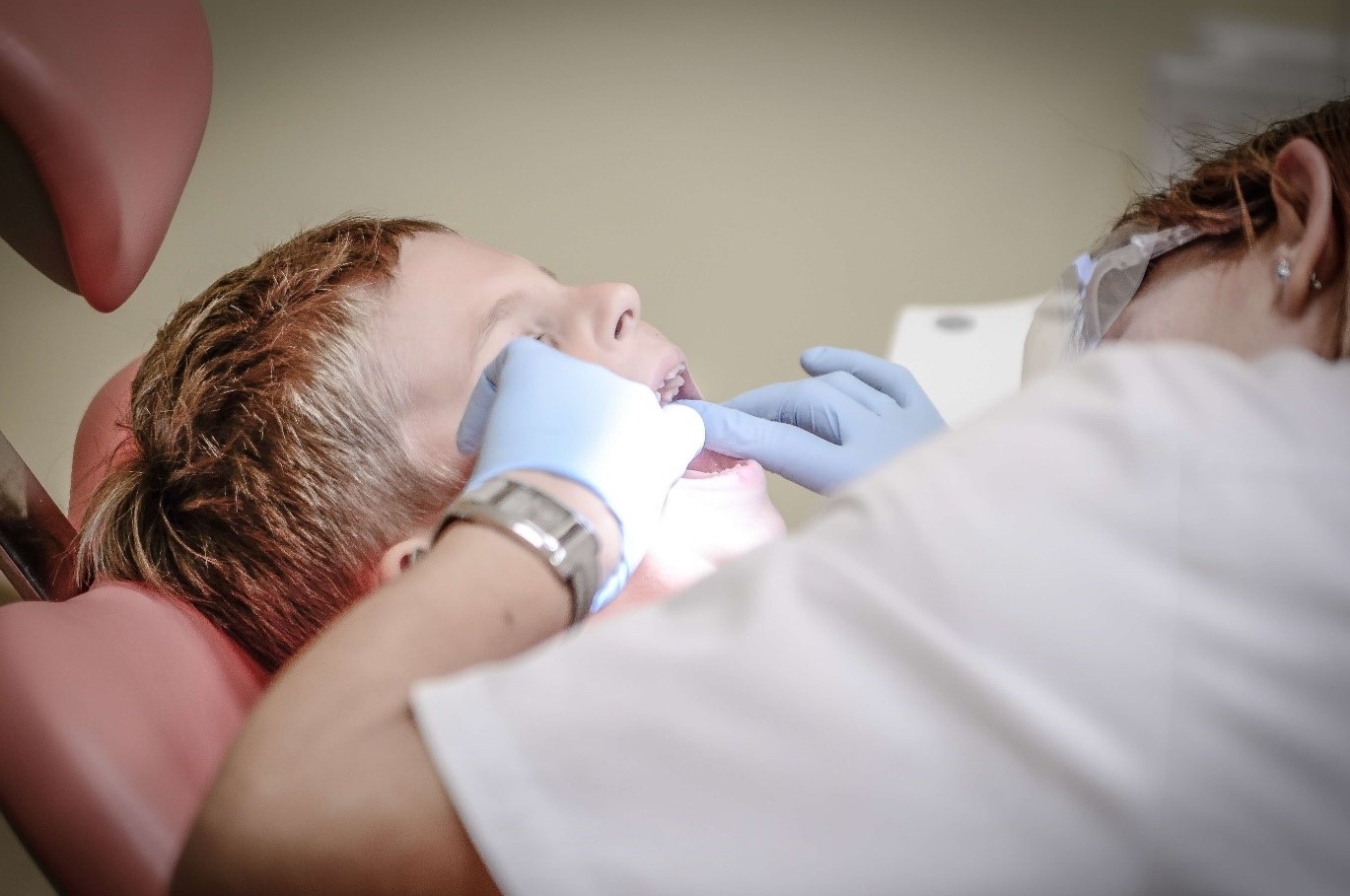
Medical malpractice is a very tricky area of the law which requires a delicate approach. The professionals who work at places such as the Law Offices of Dr Bruce. G Fagel & Associates invest huge amounts of time in medical malpractice suits and sadly this is something which does occur. With this being said however, the number of actual claims against medical professionals and hospitals is far lower than you may imagine, and that of course is great for us all. If however you believe that you have been involved in a case of medical malpractice, here is why you must always ensure that you seek advice before making a claim.
Mistakes Not Malpractice
The reality of modern medicine is that whilst we have come an awfully long way in this regard, we still don’t know everything about the human body. This is proven when we have tough to treat illnesses such as cancer, and it can be hard to work out the right line of treatment. What doctors will do in these situations is follow a protocol which has been set out, and they have to work within probabilities. This is why sometimes they are unsuccessful, because of the fact that we cannot always know how a body will react to treatment. It is understandable that people feel aggrieved when things go wrong, but to consider this as malpractice is far from the truth. This is one of the main reasons why you should speak with legal professionals before you do anything else.
Speaking With Good Quality Lawyers
Sadly there is a very small percentage of law firms which will take on just about any case in the hope that they will be able to get some kind of settlement. Thankfully this is a very small group within the industry but it still exists. This is exactly why you have to ensure that when you do seek advice that you go to a reputable and high level legal firm which will give you accurate advice about whether or not you have a claim. Ignore those who are looking to offer guarantees and instead focus on a high quality legal firm which will represent you if you have a case.
Instant Emotion
Sadly the main reason that people think there is a medical malpractice case is because of the fact that they are sad, angry and upset about the issues which a or loved one has, or the loss of a loved one. We should be aware however that in 99.9% of cases, medical professionals do all that they can for us and they always work within the tight guidelines which they have to. Once again this is exactly why we need to seek out advice if we do feel as though something has been done wrong, so that we can be given the correct information about the situation.
Always ensure that you get proper advice when you fear that you have been a victim of medical malpractice.



